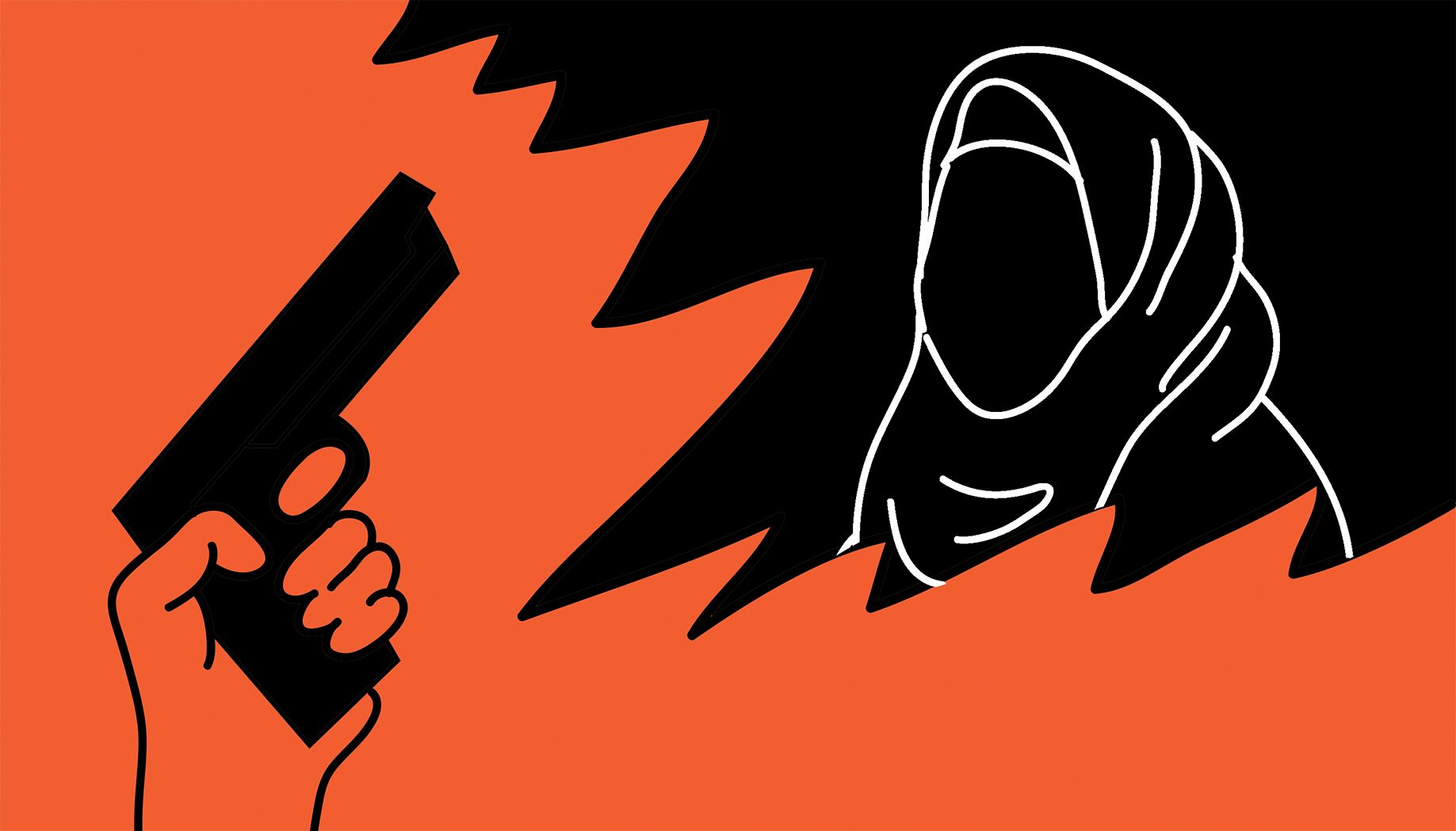Nationalism, bigotry and political apathy encourage hate rhetoric against Muslims
Following the Christchurch mosque shootings in New Zealand on March 15, people continue to mourn the 50 victims that were slain. Among the victims was Hamza Mustafa, a 16-year-old aspiring veterinarian, Arif Mohamedali Vohra, a man who wanted to see his recently born grandchild, and Abdelfattah Qassem, a pillar of the community. That day, the victims just wanted to pray in peace.
Those affected by the shooting were just people who wanted to practice their faith during Friday prayer, be with their community, and return to their loved ones afterwards. But all of that was taken from them. At the forefront of the shooting is a rhetoric of hate and dehumanization of Muslims that is pervasive in politics and in the media. A framework has been perpetuated that situates Muslims as people who need to be regulated, managed and kept at a distance from Western countries.
Images of Muslims portrayed across media depict a monolithic group, uniquely oppressive culture, and lack any history besides a nebulous idea of a universal Islamic theology. In their theorization, political pundits paint an image that discounts the vastness of Islam, opting to create a fictitious idea of a uniform ideology that all Muslims share.
Conservative commentator Ben Shapiro—who allegedly inspired the shooter before the attack on the Islamic Cultural Centre in Quebec City—argued in a PragerU video, makers of popular conservative “educational” videos, that there are more “radical Muslims” than people believe. Shapiro clearly argues that that there is a collective radical movement throughout the Muslim world, that hate America and the West.
Al Noor Mosque, the primary target of the shootings, refutes this idea; worshipers come from diverse backgrounds, like India, Pakistan, Palestine, UAE, and people born and raised in New Zealand. Each person embodies a rich history of Islam, that differs in practice, theology and lifestyle. Islam is only a part of their identity. As Muslims, we are as multifaceted as any other people; we have different interests, aspirations, dreams, and we don’t always agree with each other.
However, the media’s narrative eradicates the nuance and diversity in Muslim people’s lives.
Rhetoric, foreign policy and media coverage create a narrative that dehumanizes Muslims, enforcing an image unrepresentative of people’s lived experiences. The New York Times columnist Bret Stephens, infamous for his notion of “the disease of the Arab mind,” illustrates the unnuanced, ahistorical analysis of Muslim majority countries that is prevalent in popular discourse, a type of analysis that hinges on geopolitical strategy.
In an article published in September entitled “To Thwart Iran, Save Idlib,” Stephens sets the stakes for the battle of Idlib, a besieged city in Syria, listing ways countries will suffer from the battle of Idlib: “Europe, which could face yet another refugee crisis even as the effects of the last are felt in the resurgence of the far right.” In this strategic framework, Muslims are blamed for the rise of far right bigotry that in turn discriminates against Muslim people. With no dramatic flair, Stephens calls for the bombing of the Syrian Air Force, discounting the fact that civilians will be killed in the process. Muslim people seemingly have no agency in this worldview—we are merely a small part of a grand strategy that Western nations develop under the advisement of “experts” who have tangential knowledge of the diversity of the Muslim world.
The strategic rhetoric and analysis conducted on Muslim countries blames the rise of the far right in Europe on refugees, a supposed problem that intersects economics, culture and demographics, rather than analyzing the roots of the far right. Politicians and pundits stoke Islamophobia—as well as other forms of white supremacy—as a means to gain power. Moreover, policies are implemented as a method to gain economic and political power over Muslim countries.
The rise of hateful rhetoric revealed deep-seated forms of white supremacy. Nigel Farage, one of the champions of Brexit, and many others in the leave campaign, trafficked in anti-Muslim bigotry, using “swarm” imagery to frame refugees and migrants travelling from Muslim majority countries to the UK. Brexit emboldened bigots and brought anti-immigrant rhetoric to the forefront. The normalization of white supremacy rhetoric has tangible negative effects on Muslims living in Western countries.
In the EU-MIDIS II, a report by the European Union Agency for Fundamental Rights about Muslim discrimination, 27 per cent of respondents have experienced some form of harassment for being Muslim, while 39 per cent of the respondents felt some form of discrimination five years before the study. In another European report by the Organization for Security and Co-operation in Europe, it is stated that hate crimes committed against Muslims typically increase after a terrorist attack and target Friday prayers. Both reports also mention how hate crimes are underreported due to the lack of trust in the effectiveness of the policing system and lingering feelings of shame. The hate Muslims are facing is well known to government agencies, however, people are seemingly supporting or apathetic to the injustice.
We are faced with increasing hate against Muslims and it is important to remain vigilant against forms of white supremacy. This process does not stop at voting; we also need to hold politicians and public figures accountable for their words, actions and policies they implement. It is not enough for politicians to talk about immorality of discrimination—their stance should be reflected in the policies they implement.
Beyond the realm of electoral politics, there needs to be a radical shift in the way Muslims are depicted. Muslims are diverse. We span many countries, and have different ideologies. It is not on Muslims to share their stories to help white audiences understand that we are people. The power rests with people who have influence on media, academics and foreign policy.
Rest in peace to all the victims affected and condolences to their families.
Graphic by @sundaemorningcoffee
